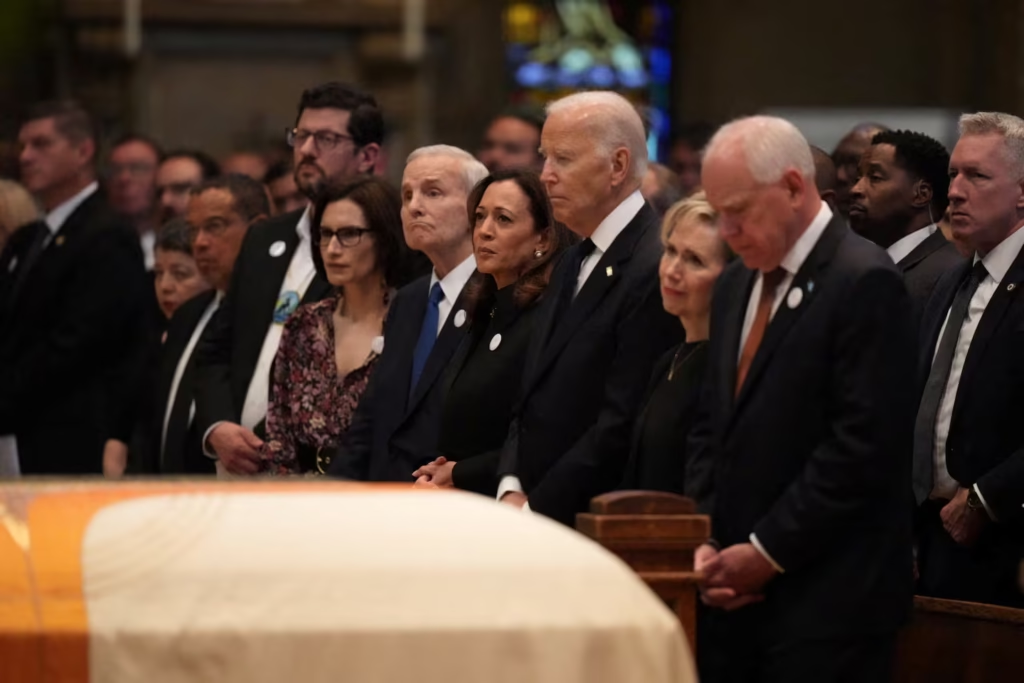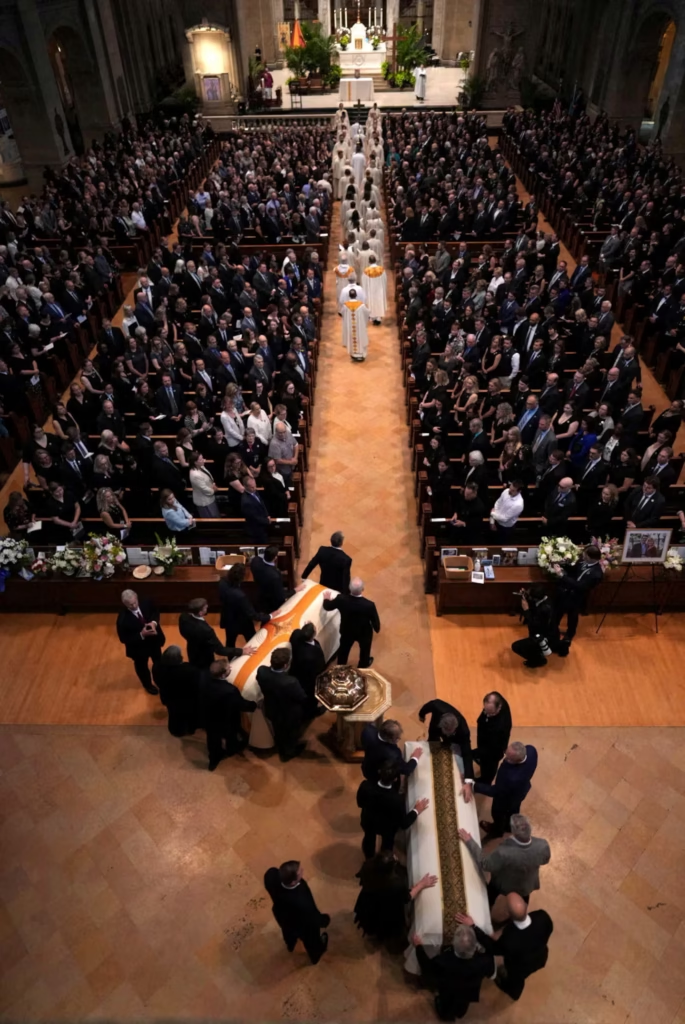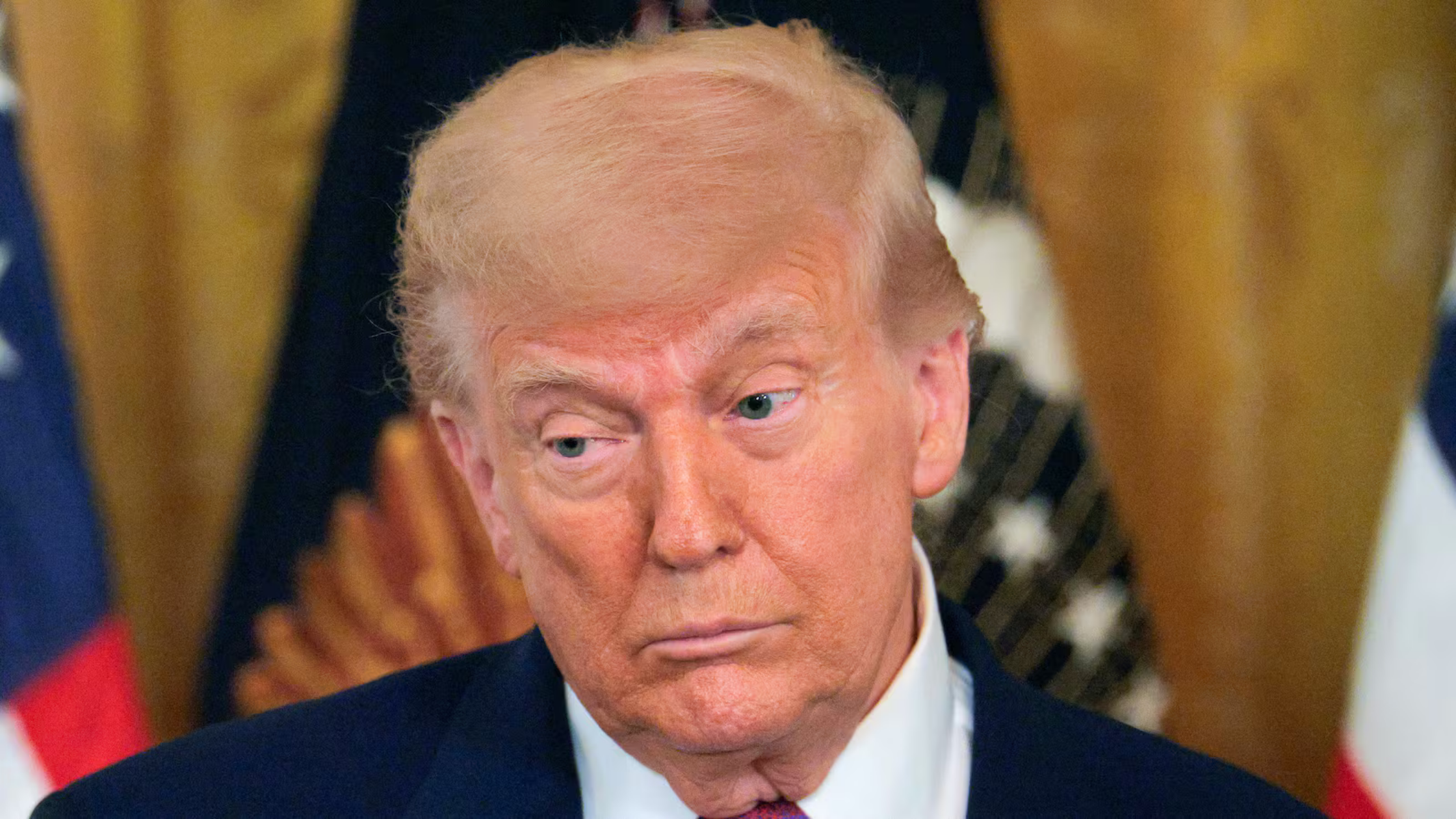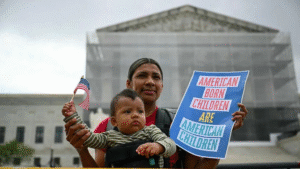In a glaring omission, Donald Trump skipped the funeral service for Minnesota Congresswoman Melissa Hortman, her husband Mark, and their dog Gilbert—victims of a politically motivated shooting by a MAGA-aligned gunman. While former President Joe Biden and Vice President Kamala Harris both attended the somber ceremony, Trump remained notably absent, fueling public outcry and scrutiny over the political polarization gripping the nation.

A Tragic Attack Echoes Across Minnesota
On June 14, 2025, a masked gunman, identified as Vance Boelter, invaded the home of Minnesota House Speaker Emerita Melissa Hortman and her husband, Mark Hortman and fatally shooting both. The assailant also injured State Senator John Hoffman and his wife in a spree driven by extreme MAGA ideology. Boelter’s weapons included a hit list naming dozens of Democratic politicians and reproductive rights advocates.
Thousands gathered at the Minnesota State Capitol for a public viewing as the couple and their dog Gilbert lay in state—Melissa being the first woman and Gilbert the first dog to receive the honor in Minnesota.

Biden, Harris, and Walz Show Support; Trump Stays Away
Former President Joe Biden made an unannounced visit, kneeling in prayer beside the casket and crossing himself. He was joined by Vice President Kamala Harris, who extended condolences to the grieving children of the Hortmans. Minnesota Governor Tim Walz, moved by grief, delivered a heartfelt eulogy urging unity and respect—a stark contrast to the political rancor that preceded the attack.
Notably absent was Donald Trump. He not only failed to attend the ceremony but also declined to call Governor Walz to express sympathy, dismissing the gesture as “a waste of time.” When asked, Trump quipped, “I could be nice and call him … but why waste time?”.
The MAGA Connection: A Backdrop of Ideological Violence
Boelter, the accused shooter, was reportedly a “strong Trump supporter” and carried documentation targeting Democratic lawmakers—an indication of the dangerous intersection of political rhetoric and violent action. The incident prompted serious public concern, with critics pointing to the role of radicalized language in amplifying threats against public officials.
United States Senator Mike Lee of Utah came under fire for labeling the shootings as “what happens when Marxists don’t get their way,” drawing condemnation for politicizing the tragedy.
Fallout: Political Division and Calls for Accountability
Trump’s calculated absence—and lack of any official statement regarding the funeral—ignited widespread backlash. Critics argue that by refraining from acknowledging the victims or offering support, Trump sent a message that the horrors of political violence don’t merit his attention unless politically expedient.
This is not the first time Trump’s omissions during moments of national mourning have drawn criticism. For instance, during the laying in state of Vanessa Guillén, Trump was accused of a separate snub, reportedly quipping over her funeral cost. Such recurring patterns reinforce concerns over a consistent disregard for bipartisan unity.
The “Madman” Parallel: Domestic Echoes of Foreign Policy Tactics
Observers note an ironic parallel between Trump’s strategic absence and the so-called “madman theory” he embraced in foreign policy, which emphasizes unpredictability to intimidate adversaries. Political analysts suggest this domestic performance plays into his brand of unpredictability, blurring lines between sincere policy and performative strategy.
However, experts caution against romanticizing this approach, noting historical failures of the madman theory—most notably under Nixon—and warning of domestic consequences when leadership is inconsistent or detached from moments of national grief.
Unity vs. Polarization
The electoral base may applaud Trump’s continued defiance, but for many Americans, the refusal to honor fallen public servants is a disrespectful act that deepens national divides. Moments like the Hortman funeral could serve as opportunities to reaffirm shared values—but instead, they highlight the stark contrast in leadership styles. While some choose participation and empathy, others may see distancing and denial as their strategy.
Key Takeaways
- What happened: On June 14, MAGA-supporting gunman Vance Boelter murdered Rep. Melissa Hortman, Mark Hortman, and their dog Gilbert, also injuring others, with political motivations.
- Public response: Biden, Harris, and Gov. Walz attended or spoke at the funeral; Trump conspicuously skipped the event and declined to reach out.
- Political implications: Trump’s absence sparked criticism, tying into his broader use of unpredictable tactics—mirroring his own “madman” strategy—with concerns about a growing culture of political violence.
- Historical comparisons: The engineer of unpredictability can unify allies or isolate citizens. The immediate fallout shows the pitfalls of remaining distant during tragedies.
Conclusion
Trump’s decision not to attend the funeral of HORtman and her husband speaks volumes—choosing political distance during a tragedy weighs heavily on public perceptions. In a time when leadership is judged by empathy and engagement, Trump’s defiance highlights a transformative moment in American politics: unity vs. polarization. As the country grapples with threats of political violence, this incident is more than a weekend news story—it’s a mirror reflecting our divided national ethos.
“Subscribe to trusted news sites like USnewsSphere.com for continuous updates.”
[USnewsSphere.com / db]





